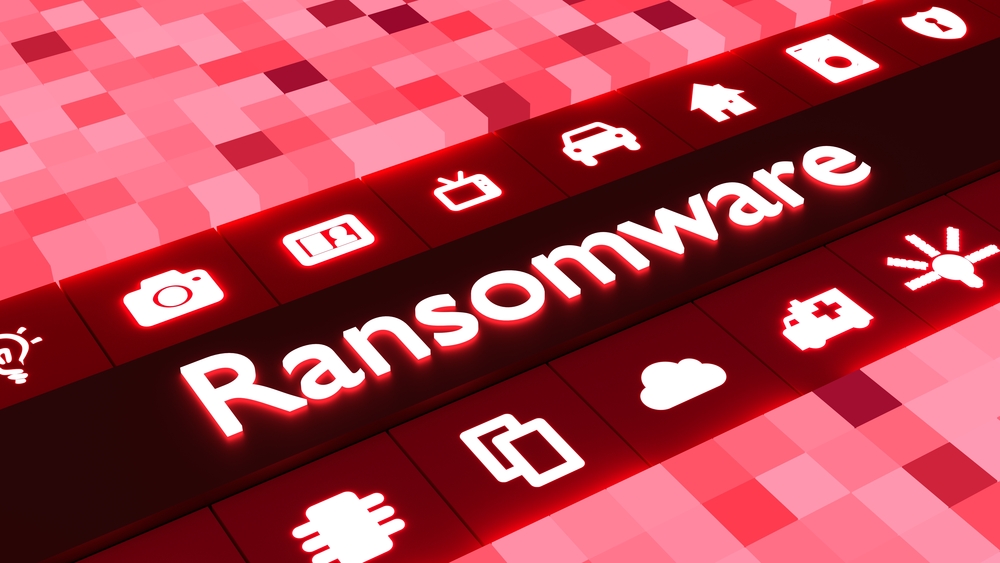Cyber attacks: Can the channel save the day?
Channel partners are becoming the first – and often only – line of defence for businesses facing growing cybersecurity threats


Cybersecurity rarely gets the attention it deserves – until it’s too late. A phishing email slips through. A system is locked down. Sensitive client data leaks online.
The fallout can be brutal: financial loss, reputational damage, regulatory penalties, operational disruption, and a collapse in customer trust. For small and medium-sized businesses, the risk is even greater. Most simply don’t have the time, budget, or in-house expertise to keep up with cyber threats, which can quickly become overwhelming.
That’s where the IT channel steps in.
From managed service providers and systems integrators to value-added resellers and local IT partners, channel players act as on-the-ground security teams for businesses that lack in-house expertise, can’t afford dedicated departments, or require enhanced compliance. Their role goes well beyond installing antivirus software or checking off compliance boxes – they embed security into every layer of the business, from devices and data to cloud infrastructure, and translate complex risks into clear, actionable guidance for non-technical teams.
Staying ahead of the game
The best security channel partners are proactive because they would rather prevent a problem than fix it. So they reduce risk by keeping systems updated, patching vulnerabilities, enforcing access controls, and encrypting sensitive data. They help clients identify their biggest security gaps, roll out multi-factor authentication, and spot phishing attempts before they cause harm.
And when something does go wrong – and it often does – they’re already three steps ahead. They know the systems, understand the risk profile, and have an incident response plan ready to go.
Even the best defenses can’t eliminate every risk, especially when human error remains the weakest link. When breaches happen, channel partners act fast. They lead the response, contain the damage, guide recovery, and manage regulatory reporting – often turning a potential crisis into a manageable setback.
Stay up to date with the latest Channel industry news and analysis with our twice-weekly newsletter
Building trust, not just tools
More than simply providing technical expertise, channel partners build trust because they are not remote vendors; they offer a service that is deeply embedded in the businesses they support. That familiarity allows them to move quickly, tailor solutions, and align their services with business needs instead of forcing rigid, one-size-fits-all approaches.
They also make technology more approachable. As new tools emerge – from AI-driven defences to advanced cloud infrastructure – channel partners help clients adopt and integrate them with confidence, while supporting teams through change.
Their impact goes beyond security. Many help clients reach new markets, accelerate the rollout of digital tools, and improve service delivery. Increasingly, they’re co-creating solutions with vendors, developing custom integrations, and driving innovation from the inside out.
The channel’s moment
Two recent cases highlight just how critical channel partners are when incidents strike.
In the first, satellite communications provider Viasat discovered that a Chinese-linked cyber-espionage group, “Salt Typhoon” had compromised its networks. An independent channel-affiliated cybersecurity team quickly identified the breach, isolated affected systems, and then collaborated with U.S. authorities to resolve the issue. Although the intrusion was significant, no customer data was impacted, and services remained uninterrupted.
In another example, a cyberattack on Wisconsin-based wireless provider Cellcom knocked out voice and SMS services across the region. Channel partners immediately mobilised, brought in external cybersecurity experts, coordinated with the FBI, and restored core services while protecting customer data.
In both cases, channel partners didn’t just step in to help; they played a frontline role in averting disaster.
As technology gets more complex, it’s clear that the channel has become essential. AI is now baked into many security strategies, cloud adoption keeps rising, and compliance rules are tightening. For many small and medium-sized businesses, it’s a lot to stay on top of – let alone secure properly.
That’s where channel partners come in. They strip away the complexity, manage the risk, and help businesses stay ahead of threats. As managed services grow and security-as-a-service becomes the norm, their role is only set to expand.
But tools alone don’t set great partners apart: it’s their ability to lead before anything breaks, and if it does, to respond fast. The real question isn’t whether the channel can save the day, but whether it can help ensure that day never comes.

Mike leads with a passion for innovation and a commitment to excellence. Over his tenure, he has grown the company's revenue tenfold and established a thriving permanent office in the heart of the UK.
His approach to go-to-market strategy and execution is rooted in a deep understanding of market dynamics and a relentless focus on customer needs. He believes in the power of people management, coaching, and leadership to not just meet, but exceed Liferay’s goals.
At the core of his mission is the belief that providing service, support, and guidance is not just about business growth, but about making a difference. He thrives in the face of challenges, finding greatest satisfaction in seeing the team overcome obstacles and achieve their full potential.
-
 What is Microsoft Maia?
What is Microsoft Maia?Explainer Microsoft's in-house chip is planned to a core aspect of Microsoft Copilot and future Azure AI offerings
-
 If Satya Nadella wants us to take AI seriously, let’s forget about mass adoption and start with a return on investment for those already using it
If Satya Nadella wants us to take AI seriously, let’s forget about mass adoption and start with a return on investment for those already using itOpinion If Satya Nadella wants us to take AI seriously, let's start with ROI for businesses
-
 Ransomware is on the rise. Again
Ransomware is on the rise. AgainIndustry Insights Ransomware resurges with AI-driven sophistication, challenging defenders and creating opportunities for MSPs
-
 Poised for the future: Key cybersecurity growth opportunities for MSPs
Poised for the future: Key cybersecurity growth opportunities for MSPsIndustry Insights There are myriad opportunities on the horizon for partners who can tap into customer needs
-
 In the age of all-in-one platforms, how can partners avoid becoming interchangeable?
In the age of all-in-one platforms, how can partners avoid becoming interchangeable?Industry Insights Complacency is the real problem, rather than platformization...
-
 Threat intel could be your secret weapon in cybersecurity sales
Threat intel could be your secret weapon in cybersecurity salesIndustry Insights Threat intelligence transforms cybersecurity sales from reactive product pitching to strategic advisory.
-
 The changing role of the MSP: What does this mean for security?
The changing role of the MSP: What does this mean for security?Industry Insights Smaller businesses are more reliant on MSP support, but this also puts providers under increased scrutiny...
-
 When everything connects, everything’s at risk
When everything connects, everything’s at riskIndustry Insights Growing IoT complexity demands dynamic, automated security for visibility, compliance, and resilience
-
 How to MFA everywhere
How to MFA everywhereIndustry Insights Identity online is not who you are; it is what the system accepts as proof of you, and that gap is exactly what the attackers take advantage of
-
 How automation is quietly redefining what “good” looks like in endpoint management
How automation is quietly redefining what “good” looks like in endpoint managementIndustry Insights